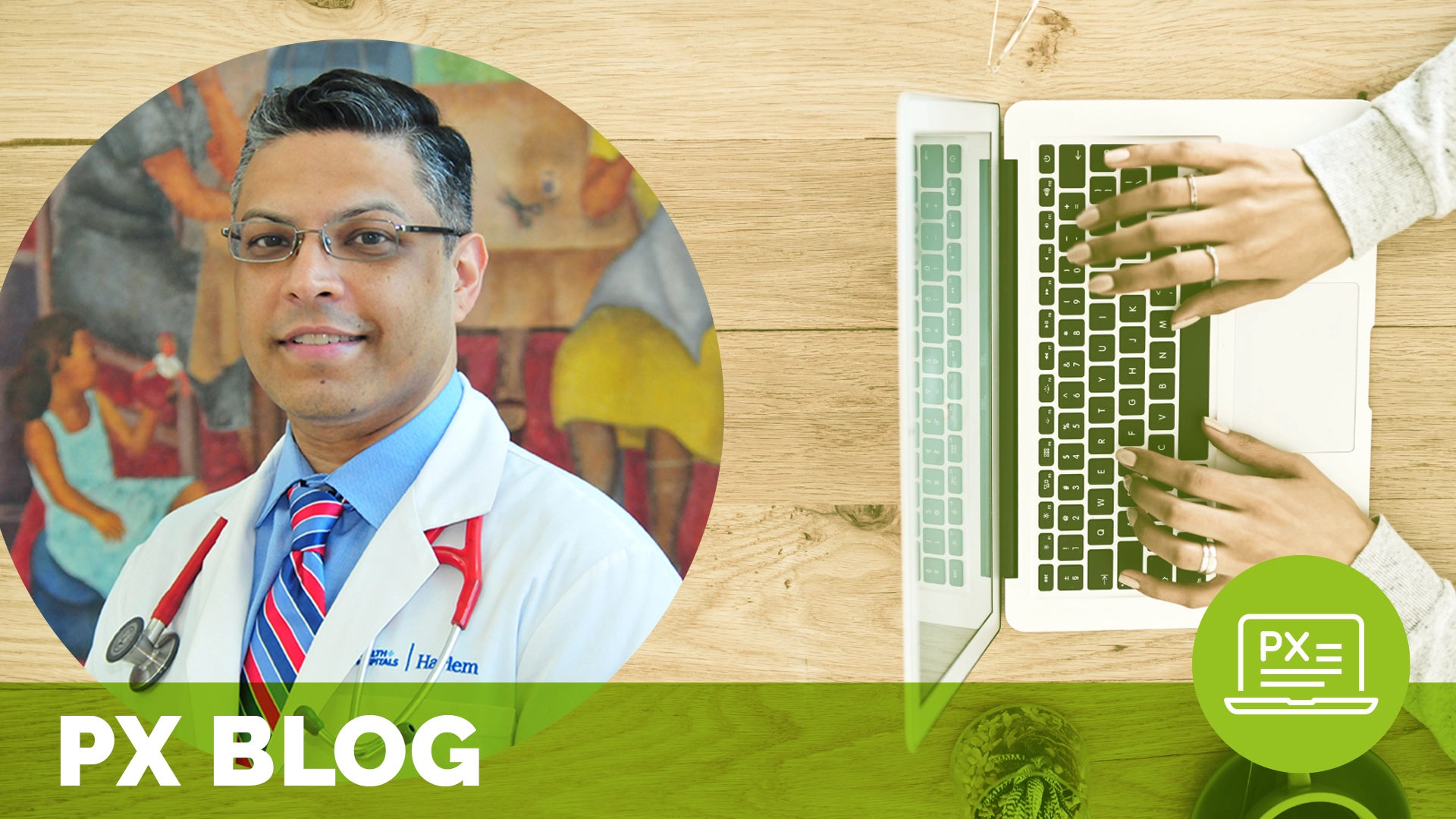Physician Presence, Be the best you!

By Alexie Puran, M.D.
The presence of the doctor is the beginning of the cure.
Every year on March 30, we celebrate National Doctors’ Day, a significant occasion that honors the invaluable contributions of over one million physicians in the United States. Physicians are crucial in bolstering the health and well-being of patients, communities, and society. However, as we express our gratitude, we must also confront the stark reality of the alarming number of physicians leaving the workforce. According to the Association of American Medical Colleges, by 2034, the nation is expected to face a shortage of up to 124,000 doctors.
Physician burnout, a crisis with distressing rates, has been declared a public health emergency and cited as a major reason for nearly one-half of physician departures. The causes of this burnout are multifaceted, ranging from the job’s demanding nature to the healthcare system’s bureaucratic complexities. While system or organizational-level interventions have the highest potential to prevent or alleviate burnout, evidence-based strategies that support physician engagement and mindfulness can also be beneficial. At the individual level, being more ‘present’ can help renew a physician’s sense of purpose and restore their joy of practicing medicine.
Defining Physician Presence
The word presence refers to a purposeful practice of awareness, focus, and attention with the intent to understand and connect. Physician presence encompasses three domains of presence: with patients, with peers, and with yourself.
Presence with patients
The physician-patient relationship is the foundation of medicine and correlates to physician and patient satisfaction and health outcomes. A recent JAMA publication identified five recommendations that may enhance physician presence and meaningful connection with patients during the clinical encounter:
- Prepare with intention.
- Listen intently and completely.
- Agree on what matters most.
- Connect with the patient’s story.
- Explore emotional cues.
Presence with peers
Physicians today are experiencing the loss of meaningful contact with colleagues, and recent studies indicate that up to 25% of doctors regularly feel isolated in their professional lives. Not surprisingly, physicians who felt isolated were also likely to report having signs of burnout. Efforts to foster and develop institutional peer support programs are needed as these groups are effective in helping doctors cope with the stress and challenges of medical practice.
Presence with yourself
Self-care is preserving or improving one’s physical, mental, emotional, and spiritual health. Although doctors know self-care is crucial for one’s overall health and well-being, physicians often overlook it. When self-care is made a priority, a healthy work-life balance can be achieved, avoiding burnout. Proven activities to support self-care include meditation, self-compassion, mindfulness, and gratitude.
Physicians have the power to take practical steps to enhance their presence and positively impact patients, peers, and, importantly, themselves. Physician presence may be the prescription needed for physician well-being. On National Doctors’ Day, a message to share with physicians: Your presence is the greatest gift you can give yourself and others.
About the Author
Dr. Alexie Puran is an Assistant Professor of Clinical Pediatrics at Columbia University and since 2015 has been practicing as a Pediatric Emergency Medicine physician at NYC Health + Hospitals/Harlem, part of the largest public health care system in the United States. During this time, Dr. Puran has held several leadership positions including as Chief of Pediatric Emergency Medicine and Associate Director of the Emergency Department. Dr. Puran is committed to transforming the human experience in healthcare and has worked to launch and served as Chair for a Patient Family Advisory Council, held a position as a Patient Physician Experience Officer, and now proudly serves as a Co-Chair on the Physician Council at The Beryl Institute.
